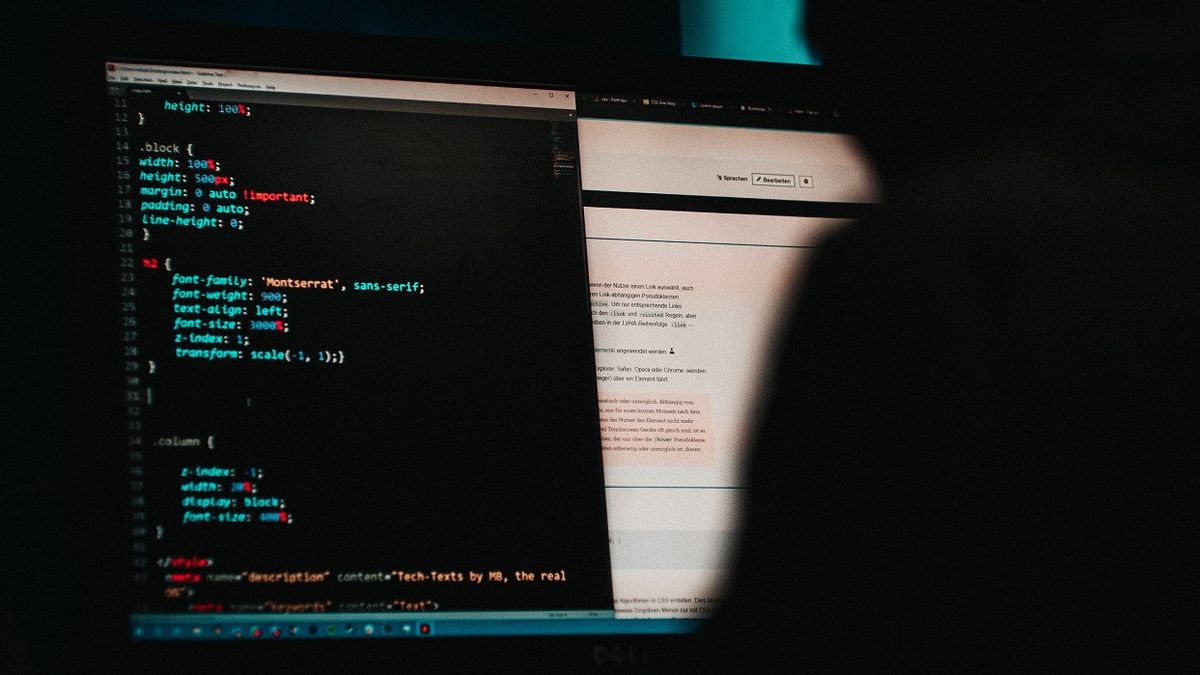JAKARTA - The Iranians will always remember January 3, 2020, on that date one of their military leaders, Mayor General Qassem Soleimani, was killed by the Hellfire R9X along with Abu Mahdi al-Muhandis, the head of the Shia militia Kata'ib Hezbollah and the deputy commander of the Army. Popular Mobilization of Iraq, in the US-launched MQ-9 Reaper drone strike.
Two years after the incident, Israeli media outlets Maariv Online and The Jerusalem Post experienced cyber attacks Monday morning, which commemorated the assassination of the two influential figures in Iran, citing Sputnik News Jan. 3.
Reports of the hack began circulating online after midnight in Israel, with the first social media posts showing Maariv Online's Twitter account had been compromised.
Initially, it appeared that three posts had been shared on the account, two of which contained images of the explosion and the third included depictions of Soleimani and al-Muhandis.
The image shown is an altered photo from a video footage taken, such as showing a previous Iranian attack on Israel's Dimona nuclear facility.
Unlike the Sleeping video content, the photo depicts a projectile being ejected from a ring worn by an unknown figure. Beside the depiction is a phrase that reads: "We are with you where you do not see near."

Speculation suggests that the figure in the photo appears to be Soleimani, a ring that is shown to be similar to the one he was wearing.
The cyberattack against Maariv Online did not affect the homepage outlet, but the same did not apply to fellow Israeli outlet The Jerusalem Post.
When reports surfaced of the Maariv Online hacking, the Posting website revealed problems loading content, before eventually giving users a 404 error message. Moments later, the image of the same explosion that first appeared on Maariv Online became the center of attention on the Post homepage.
While Maariv Online has not tweeted a statement about the events, The Jerusalem Post tweeted that they are aware of the situation.
However, it is not yet clear whether this cyberattack was carried out by Iran or by a group it supports or some other group.
To note, this is not the first time The Post has been targeted by pro-Iranian hackers, citing The Jerusalem Post.
In May 2020, pro-Iran hackers replaced The Jerusalem Post's homepage with an illustration of Tel Aviv on fire as Prime Minister Benjamin Netanyahu sought a savior with the words "Be prepared for a big shock." A number of additional Israeli websites were targeted in the attack as well.
The English, Chinese, Japanese, Arabic, and French versions are automatically generated by the AI. So there may still be inaccuracies in translating, please always see Indonesian as our main language. (system supported by DigitalSiber.id)













